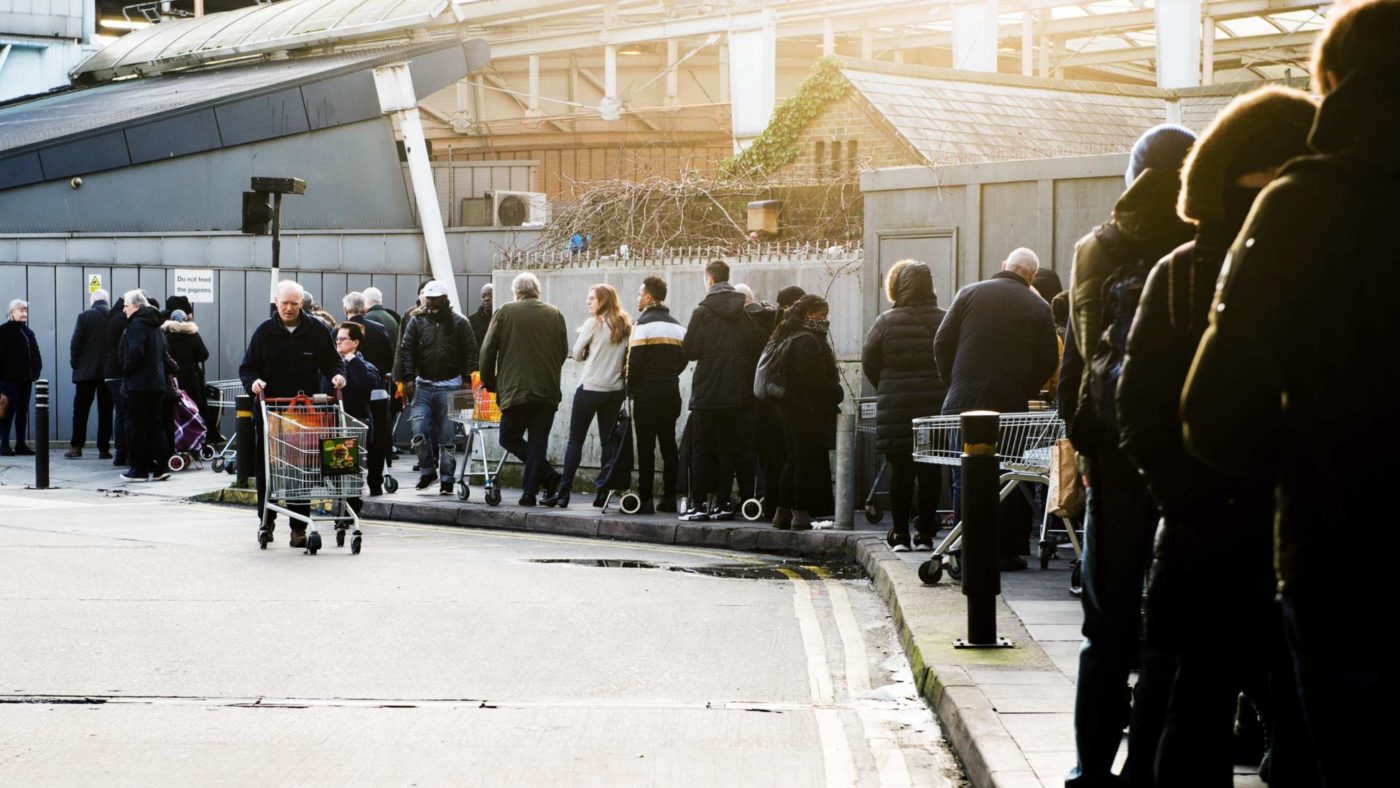“I’ve been waiting for this for a generation, for Christ’s sake don’t waste it!”
John McDonnell’s words might have been about the 2008 crash, but his reasoning has been taken on once more as a new crisis strangles the country.
The former Channel 4 journalist and Corbyn supporter Paul Mason, for instance, wrote earlier this week that the pandemic shows “we need a new economic system, which has people’s wellbeing and public health as its main priority”.
The left-wing economist Mariana Mazzucato ploughed a similar furrow in the Guardian, arguing that the crisis should “bring a stakeholder approach to the centre of capitalism”.
For academic James Muldoon, meanwhile, coronavirus “is showing us how a co-operative system can meet basic human needs, protect people from unnecessary suffering, acknowledge the absurdity of borders and promote human flourishing above profits”. In case you were wondering, “this system is called socialism”.
After the extraordinary measures we’ve seen this week, perhaps we can forgive some leftwingers for thinking their time might have finally come. After all, we have seen a Tory Chancellor essentially write a blank cheque to British workers and businesses – and most on the centre-right cheer him for doing so. If this version of the Tory Party had seemed rather neo-Keynesian in its enthusiasm for big ticket infrastructure spending, this week’s commitments to subsidise workers’ wages and beef up the welfare state were something rather different.
As economist Julian Jessop has noted the Government’s aim now is not to spur economic activity – that’s actually the last thing we want right now – but to keep the economy in hibernation until this nightmare is over, with companies and jobs still intact to as great a degree as possible.
That certainly means spending a hell of a lot of money. However, the idea that this response might be the forerunner to some kind of collectivist transformation of British society rests on two fundamental errors.
The first, described by historian Glen O’Hara in CapX this week, is the tendency to assume that because something is hugely dramatic at the moment, it is bound to have deep, long-term effects. The history of recent epidemics, from Spanish Flu, to ‘Asian Flu’ or the hundreds of thousands who died from Swine Flu, suggest this is not necessarily the case.
The second is to assume that if change does come, then it will necessarily mean more government intervention. Sure, this week has seen a huge emergency expansion in the role of the British government, one mirrored in lots of other countries. But when the dust settles, the long-term picture will not be of a hugely enhanced state, but of a hugely indebted one.
It might seem dispiriting to say in the middle of the crisis, but the amount we may have to pay back means the coming years are going to involve some very big, difficult choices about what the state can afford to do and what its purpose is.
At the same time, when we do emerge from this awful time, the Government will need to be absolutely fixated on growth. Business-as-usual can-kicking and half-measures will simply not do.
Still, if we can take something positive from this tumultuous week, it’s that where there’s real political will, there’s always a way.
Click here to subscribe to our daily briefing – the best pieces from CapX and across the web.
CapX depends on the generosity of its readers. If you value what we do, please consider making a donation.


